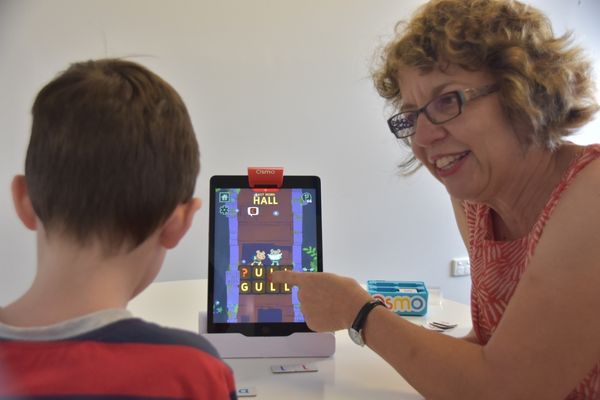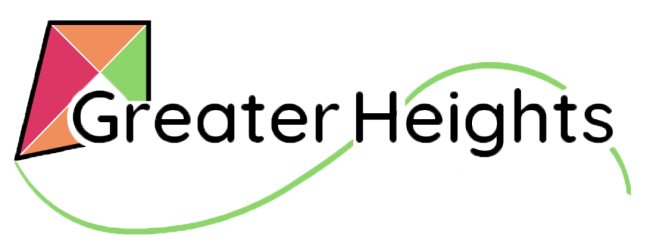Literacy Clinic Toowoomba
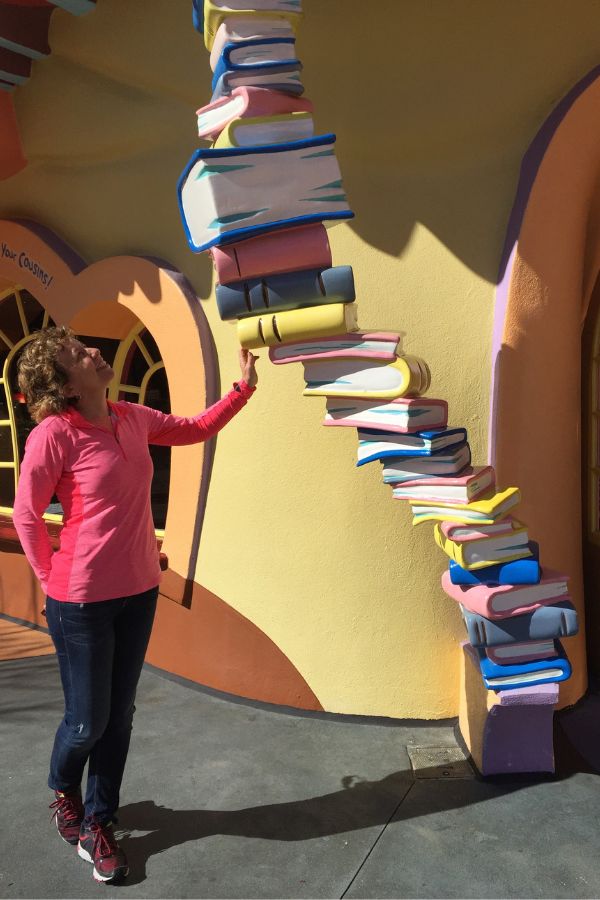
Our Speech Pathologists, Psychologist and Occupational Therapist work with children of all ages which includes students in prep, primary school, and high school. We offer individualised assessment and therapy for children with reading and spelling difficulties including dyslexia and other specific learning difficulties. We use an evidence-based Structured Synthetic Phonics approach to improve their literacy skills and knowledge, and to boost their confidence.
Who would benefit from our literacy clinic?
Your child may benefit from support if they:
- Struggle to read accurately and fluently.
- Are falling behind in their literacy development at school.
- Compensate when reading, by guessing from pictures, initial letters, or the ‘look’ of a word.
- Are reluctance to participate in literacy-based activities.
- Have difficulty remembering the relationships between sounds and the shapes of letters.
- Make frequent spelling errors, particularly in written expression.
- Have poor self-esteem, particularly in relation to literacy activities.
- Have a diagnosed learning difficulty, such as dyslexia.
How do I know if my child needs assistance with reading?
We offer diagnostic testing to find out if your child has a literacy disorder. Greater Heights Therapy Services can offer assessment with our multidisciplinary team of Speech Pathologists, Psychologist and Occupational Therapist who will wholistically support your child.
Terminology can be confusing. When classifying a literacy disorder, the DSM-5 uses the term Specific Learning Disability with Impairment in Reading. It then states that:
“Dyslexia is an alternative term used to refer to a pattern of learning difficulties characterized by problems with accurate or fluent word recognition, poor decoding, and poor spelling abilities.” (p.67, DSM–5)
We also can assess and provide treatment for a range of communication, language, speech, and working memory disorders that may be impacting your child’s ability to develop their reading and writing skills. Our multidisciplinary, wholistic service also allows the identification and treatment of other issues that may impact literacy skills – for example, fine motor control, balance, eye-hand coordination, or visual perception.
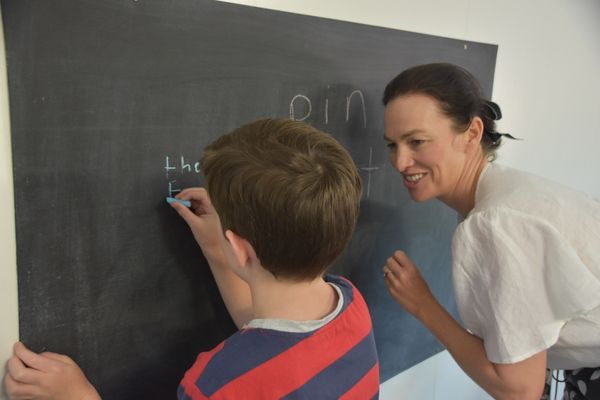
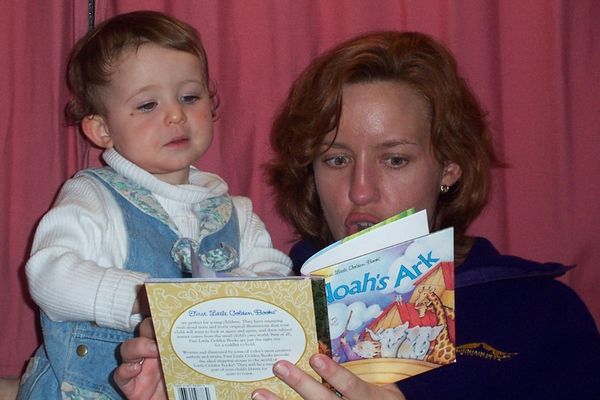
How does the literacy clinic work?
We provide your child with support to develop their reading and spelling skills with high quality evidence-based interventions. We use evidence-based Structured Synthetic Phonics approach to improve their literacy skills and knowledge, and to boost their confidence. Our intervention:
- Follows a carefully planned structure which introduces the 44 sounds of English and their corresponding letters.
- Builds on your child’s earlier reading and spelling knowledge while developing their conceptual knowledge that:
- Letters are symbols/shapes that represent sounds.
- A single sound can be spelled with 1, 2, 3, or 4 letters.
- The same sound can be spelled more than one way.
- The same spelling pattern can represent more than one sound.
- Builds skills needed to be a confident with reading and spelling:
- Blending- the ability to push sounds together to build words.
- Segmenting- the ability to pull apart the sounds in words.
- Manipulation- the ability to add and remove sounds from words.
- Both reading and spelling are targeted and students are given the opportunity to apply their knowledge by writing words and simple sentences and reading decodable material.
What other ways can we help you?
There are a wide range of tools that can help your child with their reading and writing. Assistive technology may be in the form of an e-book or audiobook, feature on a smartphone or tablet such as speech-to-text or text-to-speech, predictive text and grammar checking software, or a piece of equipment such as a C-Pen Reader.
Assistive technology doesn’t remove a difficulty, but it can help your child reach their potential by building on their strengths and bypassing areas of difficulty. Our Speech Pathologists can introduce assistive technology to support your child’s engagement with literacy tasks whilst they are engaging in intervention to help build their skills and knowledge to become independent readers and writers.
